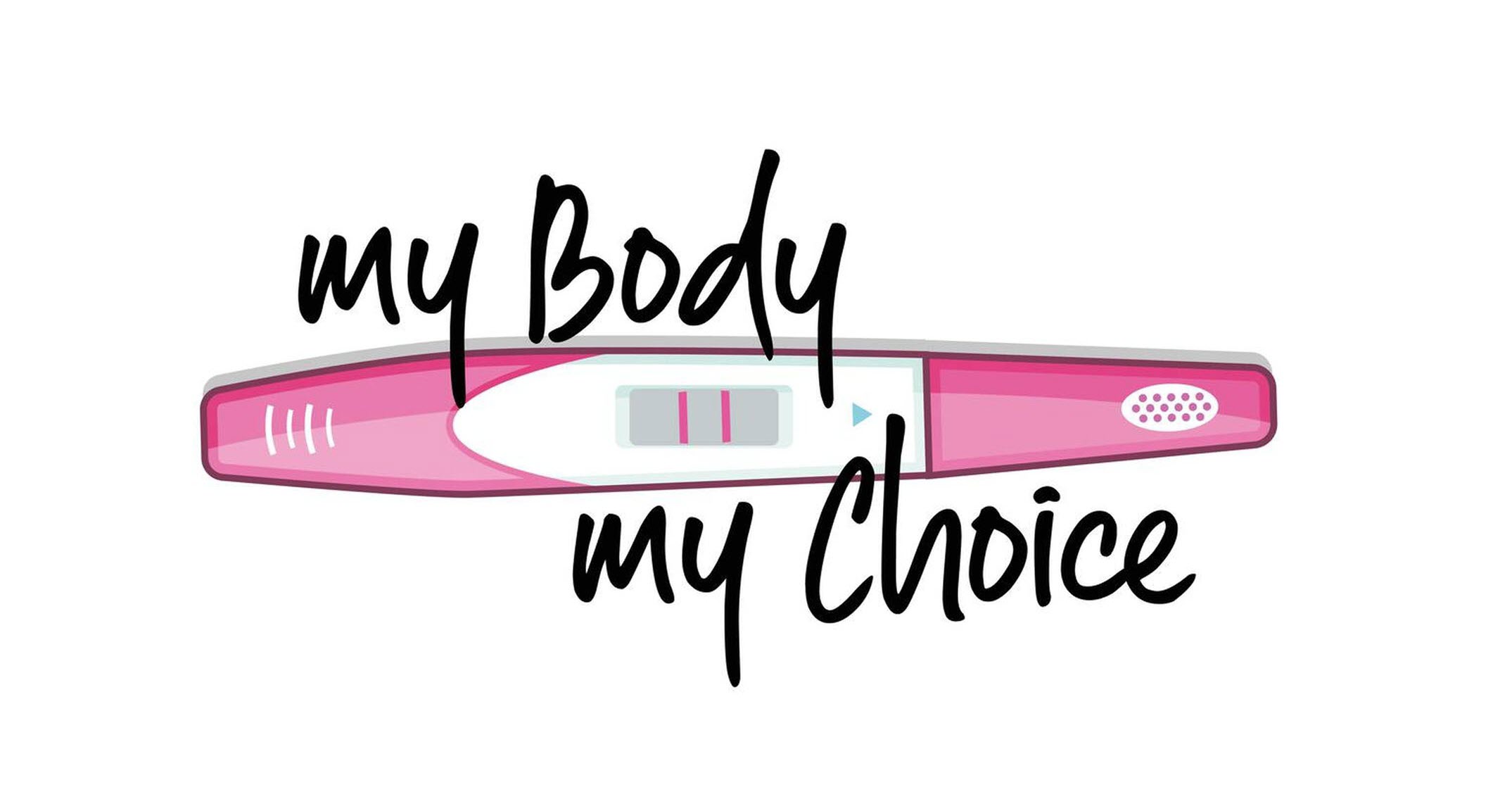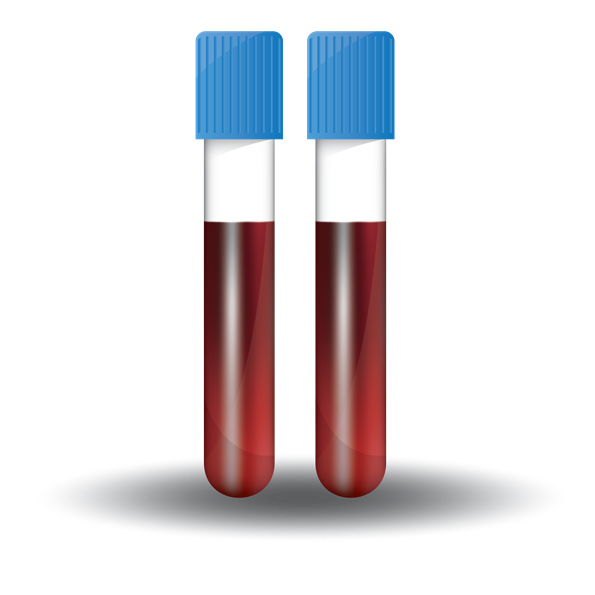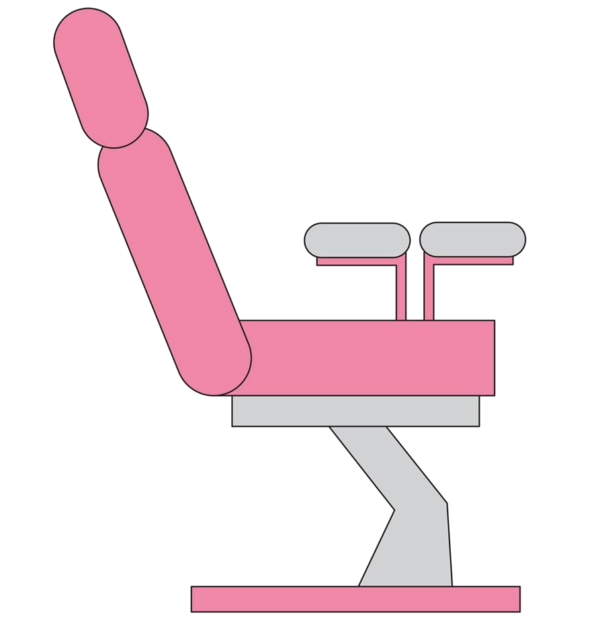Abortion in Korea
When an unwanted pregnancy causes a great physical and psychological burden on a woman, she may choose to have an abortion. The most important thing is the patient’s health and safety, so the SH Clinic Obstetrics and Gynecology specialist, with extensive experience and professional knowledge, will carefully perform the surgery.

Abortion is a Legal medical procedure
As of January 1, 2021, the Constitutional Court has completely abolished the crime of abortion, recognizing women’s right to self-determination.
Symptoms of Early Pregnancy
It is important to recognize the early symptoms of pregnancy before considering an abortion.
When is Abortion Surgery Possible?
An abortion surgery is a surgical procedure to terminate a pregnancy when it is difficult to continue the pregnancy due to unplanned pregnancy, unwanted pregnancy, or various diseases.
How to confirm pregnancy
Since sperm survive for an average of 2-3 days and up to 5-7 days, there can be a delay of up to a week between the day of intercourse and the day of fertilization (pregnancy).

Pregnancy test kit
Confirmation is possible 14 days after intercourse through a urine test.

Blood test
Early pregnancy blood tests can be done 7 days after intercourse.

Ultrasound examination
Confirmation is performed approximately 3 weeks after fertilization (5 weeks of pregnancy in medical terms).
Abortion, which has a major impact on health, is a fundamental right of women.
Choosing a hospital for abortion surgery
Here are some things to consider when choosing a hospital for a safe abortion:

Why Choose SH Clinic?
Same day surgery possible after consultation
Customized surgery based on patient diagnosis
Experienced and professional medical staff
Confidential consultation with respect for privacy
Abortion Surgery Procedure

Suction Curettage
Same-day surgery is possible, with minimal after-effects and a short recovery time.
Methiotherapy (MTX)
Drug-induced abortion that induces a natural miscarriage by inhibiting fetal cell division in the early stages.
Menstrual Regulation
A method of artificially inducing menstruation in the early stages.
Frequently Asked Questions
Is abortion legal in Korea?
Yes, as of January 1, 2021, the Constitutional Court of Korea abolished the crime of abortion, recognizing women’s right to self-determination. Abortion is now a legal medical procedure in Korea.
What are the early symptoms of pregnancy?
Early symptoms of pregnancy include missed periods, enlarged or sore breasts, fatigue, morning sickness, and increased appetite.
When is abortion surgery possible?
Abortion surgery is an option when continuing the pregnancy poses a serious risk to the mother’s physical or mental health, in cases of unwanted pregnancy due to rape or sexual assault, when there’s a risk of fetal malformation due to serious infectious diseases, or when there’s a risk of birth defects due to genetic diseases from either parent.
How can I confirm a pregnancy?
Pregnancy can be confirmed using a urine test 14 days after intercourse, a blood test 7 days after intercourse, or an ultrasound examination approximately 3 weeks after fertilization (5 weeks of pregnancy in medical terms).
What should I consider when choosing a hospital for abortion surgery?
When choosing a hospital for abortion surgery, consider whether the medical staff have extensive experience in obstetrics and gynecology, if the hospital considers side effects and aftereffects, and if the hospital takes into account gynecological diseases or chronic conditions during the procedure.
